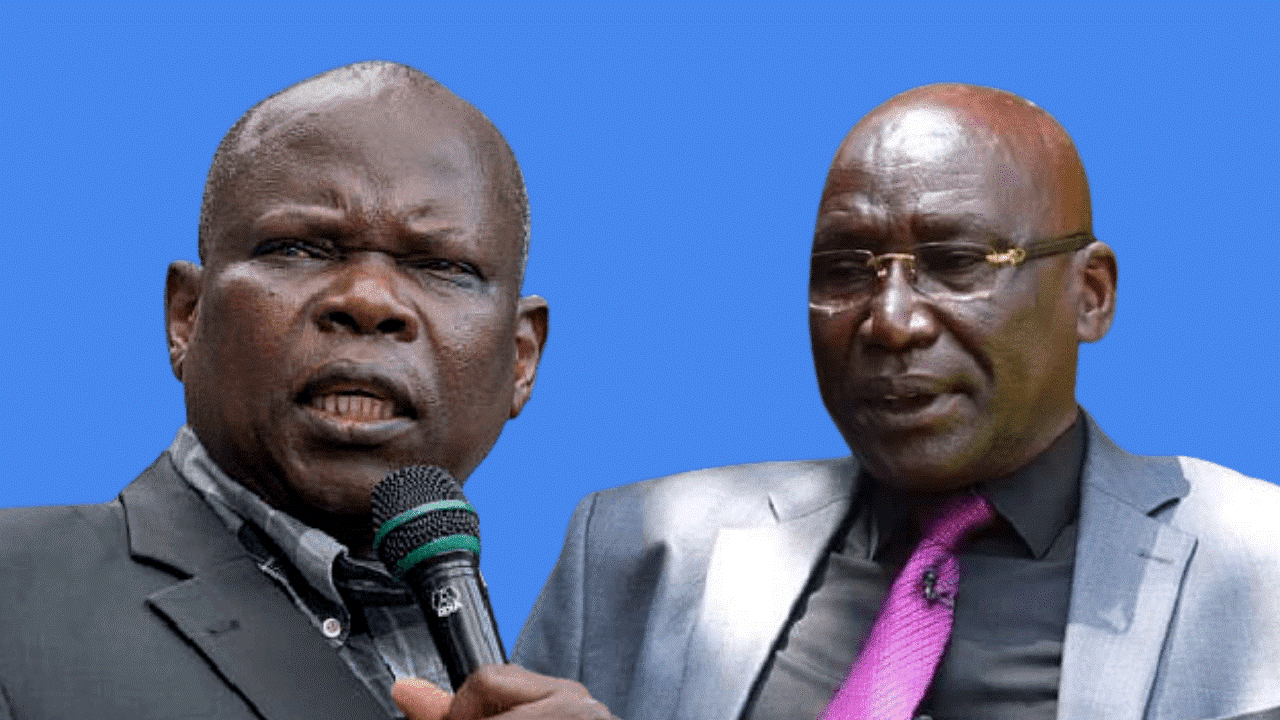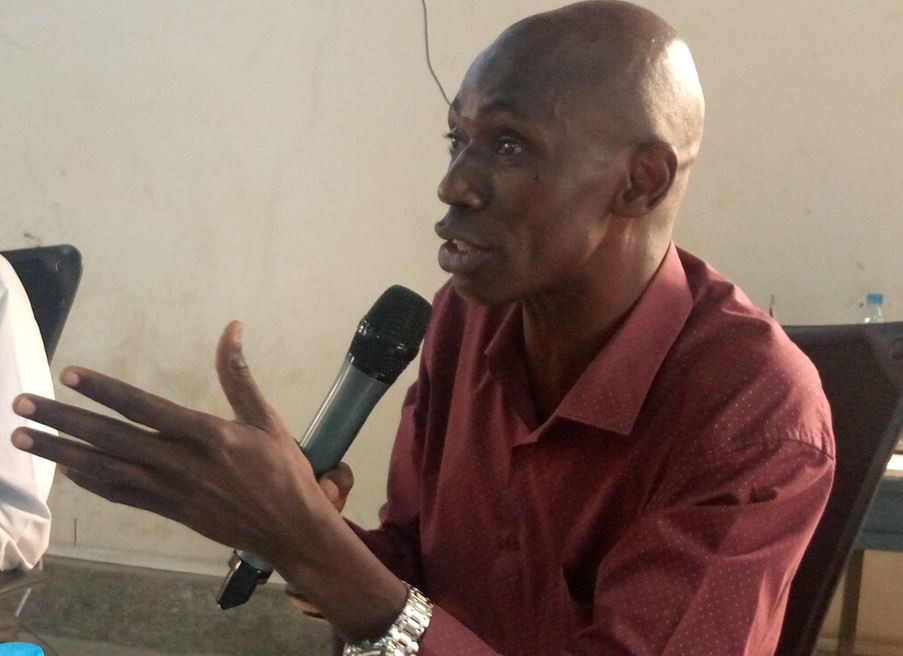Peace talks first, election later: Holdout groups tell gov’t

A member of the Non-Signatory South Sudan Opposition Group (NSSOG) urged the government of South Sudan to focus on peace talks with the opposition outfit rather than pushing to have them participate in the elections.
In his address to the media last week while ushering in the New Year, President Salva Kiir made a passionate appeal to the holdout groups, urging them to lay down their arms and come back home to participate in a peaceful election in 2024.
But the South Sudan United Front/Army (SSUF/A), which is a member of the holdout group, responded that, according to them, the elections are not the priority as of now but would later be another topic should the holdout groups and government reach an agreement.
In an interview with The City Review, the spokesperson of the South Sudan United Front/Army (SSUF/A), Garang Malual, faulted the government for not concentrating on the talks.
“Election is done by those who have signed the 2018 agreement in Khartoum; these are people who are supposed to talk about elections who are actually in Juba; we can’t be part of the election when we are outside South Sudan,” Garang said.
According to Garang, the election and the peace agreement are two different things, and the latter should be prioritised.
“The election issue on our side is not a case, and actually, we have not been talking about elections. We were in Rome negotiating with the government, so when you talk about elections to us, it means you are ignoring the mediation,” he said.
Last week, Presidential Affairs Minister Joseph Bakasoro confirmed to the media that President Kiir had requested his Kenyan counterpart, President William Ruto, to mediate the talks between the Non-Signatory South Sudan Opposition Group (NSSOG) and the government. Garang argued that the Juba administration should channel all its energy into securing the talks in Nairobi first.
“In our talks with the government, we will talk about other things. If we agreed with the government, our position would be known when we have peace with them (the government) and when we are in Juba,” he said.
Although he asserted that many unfulfilled tasks can lead to a peaceful election, Garang said that what is on the agenda now is for a holdout group to have talks with the government first and determine the feasibility of the polls.
Non-signatories are groups that did not sign the 2018 revitalised peace agreement for the resolution of conflict in South Sudan.
Since the negotiations between the groups and the government were initiated by the Community of Sant Egidio in Rome in 2020, where the parties signed a declaration of principles towards resolving years of conflict, there has never been a political agreement achieved.
The holdout groups and the government agreed to engage in political dialogue to seek reconciliation and stabilisation by addressing the root causes of the conflict in South Sudan, but they have continued to disagree to date.
The parties were to come back to the table in May 2023 after they ended the March discussion deadlocked, but the parties never reported back for discussion until the office of the president revealed the shifting of the discussion.
The holdout groups include Real SPLM, led by Pagan Amum; the National Salvation Front (NAS) of Thomas Cirilo; the South Sudan United Front (SSUF/A), led by Paul Malong; and the National Democratic Movement-Patriotic Front (NDM-PF) of Emmanuel Ajawin.


